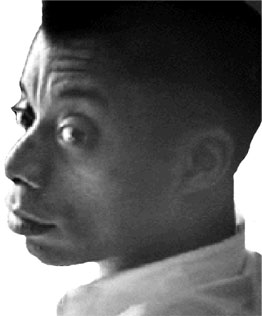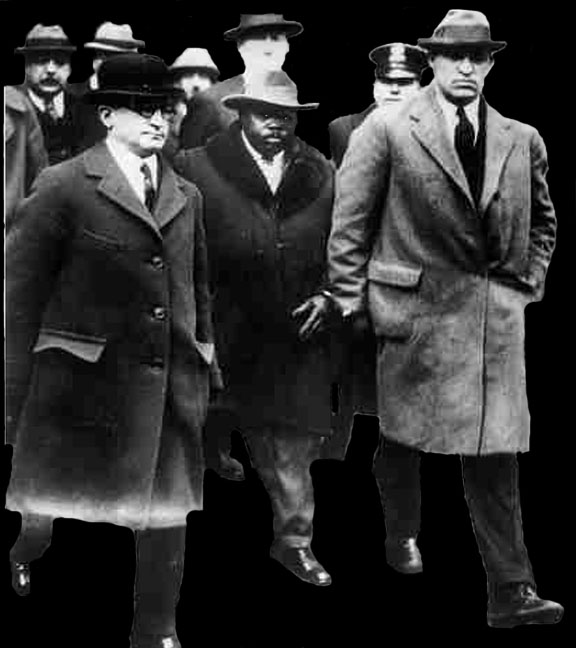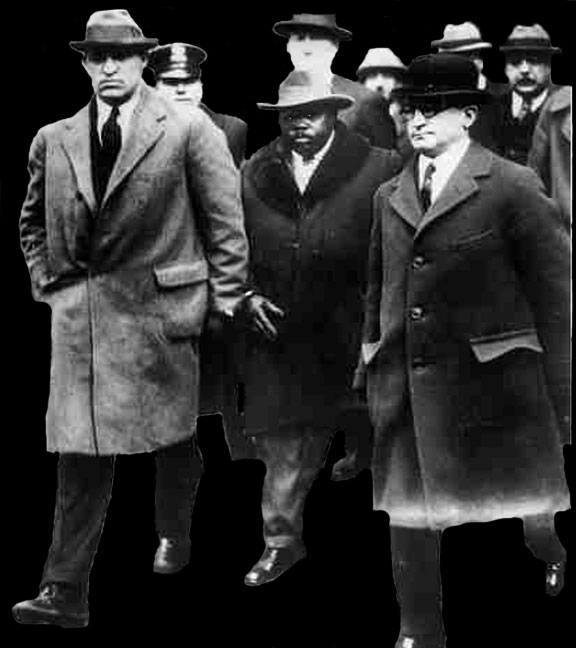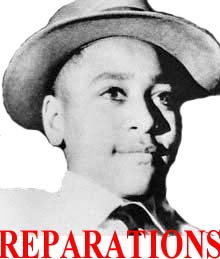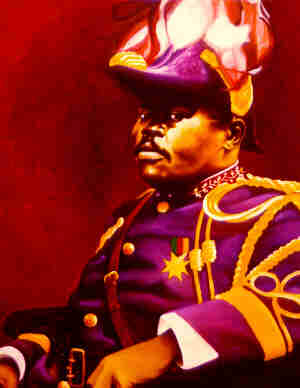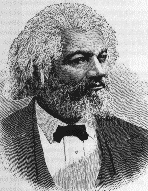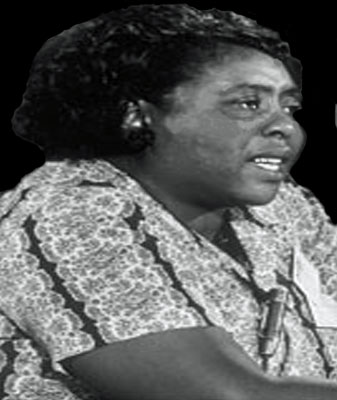aa
|
Marcus Garvey
The Ideal State and the UNIA
"Governing the Ideal State" emerges as an essay in
self-vindication and wish fulfillment and draws thinly disguised parallels
between Garvey's vision of the ideal state and his desires for the correct
operation of the UNIA. Just as the philosopher-ruler is the central theme of
Plato's Republic, so is Garvey the focus of the essay. Garvey's character might
also be adduced from the authoritarian type of society he proposes---an exercise
that would be consistent with Plato's attempt to sketch the four types of
character corresponding to the four types of society depicted in book 8 of the
Republic.
Written from prison, at a period in his life that called for
reflection about the course of his career and the factionalization and
corruption that had overtaken the movement, Garvey's essay takes on an
autobiographical quality, with significant psychohistorical connotations. Garvey
clearly identified with the extreme authoritarianism of the supreme leader who
appoints subordinate officials and exercises absolute authority over them. Just
as Garvey impeached or expelled UNIA officers who disagreed with his policies or
digressed from his vision of the organization's goals (often publicly disgracing
them in the process), so Garvey's Spartan utopia would ensure strict
accountability, as well as define the boundaries of conduct for subordinates.
The role of the president's wife as his personal accountant in the ideal state
closely parallels that of Amy Jacques Garvey as business manager at the UNIA
headquarters as well as overseer of her husband's---the president
general's---personal accounts.
Garvey suggests, through his philosophical musing on the
austerity of the ideal state, his own, as well as his wife's, exculpation by
sketching draconian consequences for fraud and mismanagement. At the same time,
Garvey's call for the disgrace of public officials who do not correctly perform
their duties reflects a desire for retribution and revenge against fellow UNIA
officers and staff members, many of whom he felt had deceived him and whom he
charged with graft. Similarly, the call for clemency toward a family member who
defied and reported corruption acknowledged Garvey's feelings toward those who
remained loyal to him and who had testified in his defense during the mail fraud
trial, offering evidence against the "disloyal" actions of others. The
recommendations that the president of the ideal state be freed from pecuniary
obligations are natural wishes from a man whose struggles to gain world renown
as the head of a movement were always compromised by debt and material need. In
addition, Garvey's description of the absolute leader as a man without friends
is also a poignant reflection of his own, perhaps deliberate, isolation from
close companionship, a theme that reappears in his advice to prospective UNIA
leaders in his lessons for the School of African Philosophy.

|
|
a |
